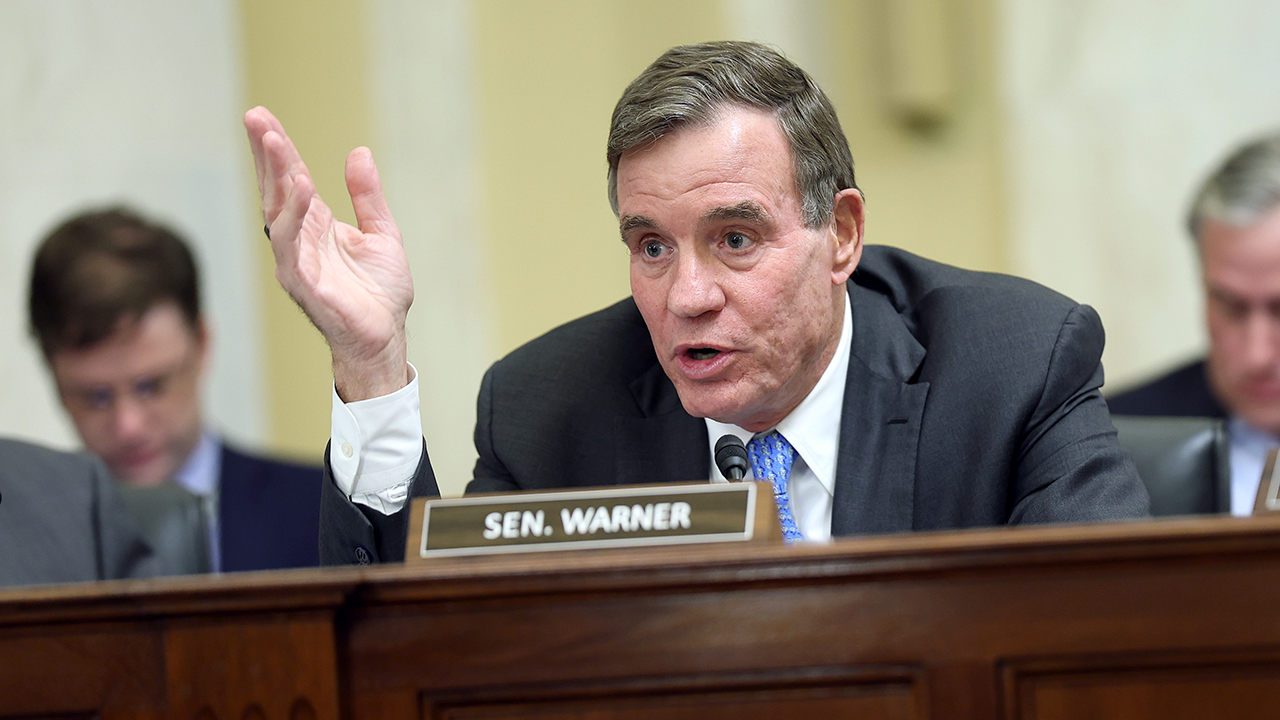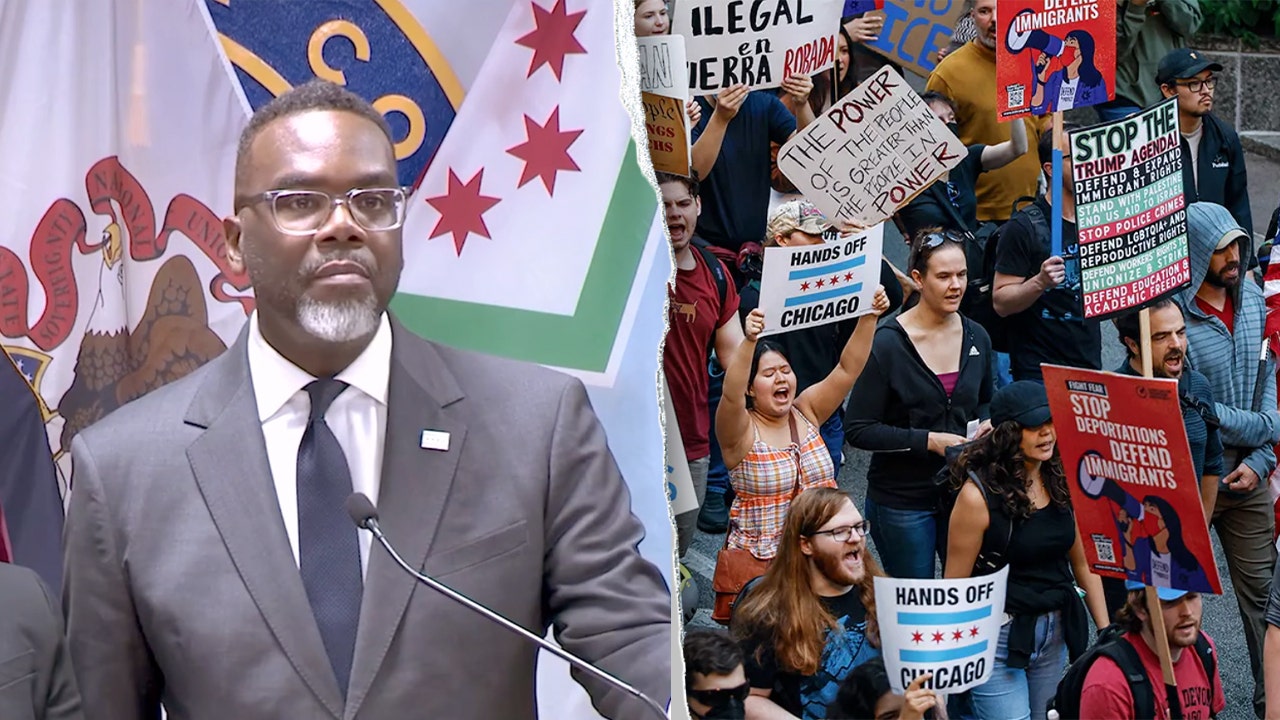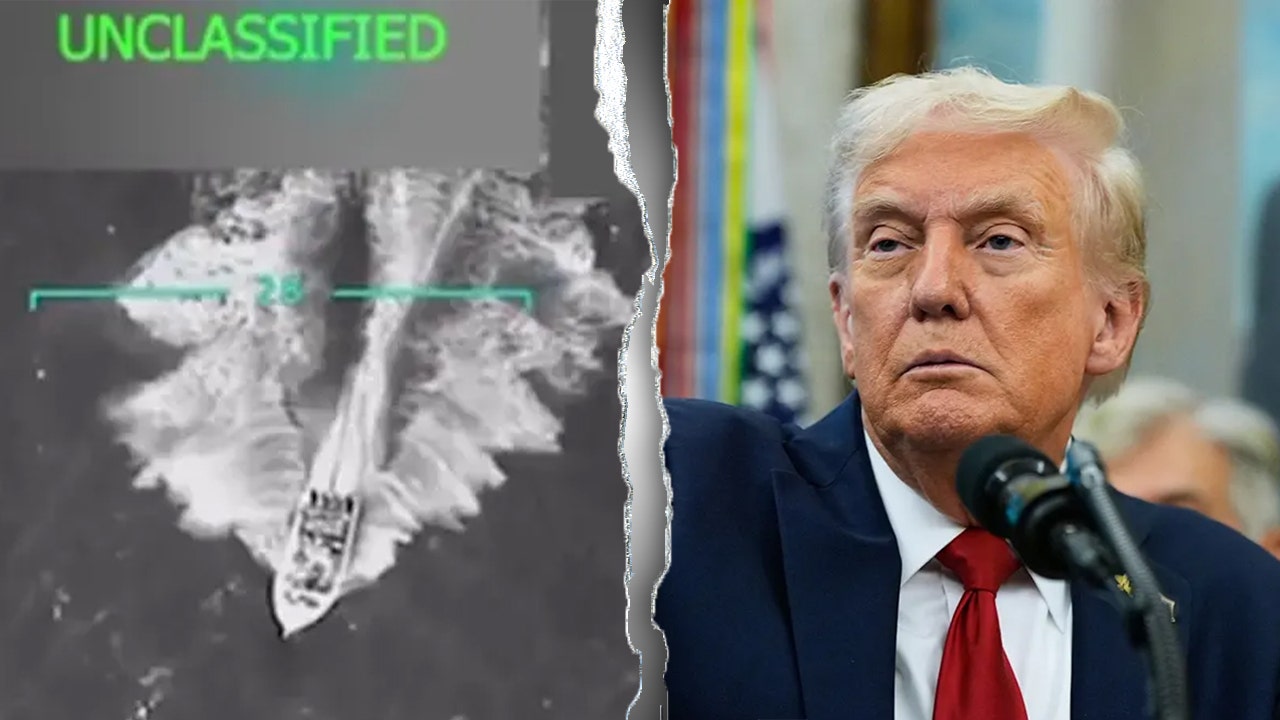Trump DOJ hits New York with lawsuit over sanctuary policies that ‘shield dangerous aliens’

The Trump Department of Justice has taken legal action against the state of New York over the Protect Our Courts Act, which they claim is shielding dangerous aliens from lawful detention. The Act, passed in 2020, prohibits ICE agents from carrying out civil arrests in and around state courts. Additionally, it bars ICE agents from making civil immigration arrests of individuals within state facilities and prohibits state employees from sharing information with federal immigration authorities for civil enforcement purposes.
The DOJ argues that these laws hinder federal immigration enforcement and create obstacles for federal agents in carrying out their duties. They believe that New York is obstructing federal law enforcement and aiding dangerous criminals in evading federal law. The agency has filed a lawsuit in federal court, seeking to invalidate these policies under the Supremacy Clause of the Constitution.
Attorney General Pam Bondi criticized New York for undermining immigration enforcement through sanctuary policies. She emphasized the need for law and order, stating that sanctuary city policies are leading to chaos and violence in places like California. Bondi explained that the lawsuit is part of the DOJ’s commitment to keeping Americans safe and upholding the law.
In response to the lawsuit, Governor Kathy Hochul’s spokesperson affirmed that New York cooperates with federal officials in removing convicted criminals from the state. They emphasized the importance of ensuring that witnesses, victims, and ordinary people can access the court system without fear. Attorney General Letitia James’ spokesperson echoed similar sentiments, stating that the Protect Our Courts Act is crucial for ensuring access to justice without fear.
The legal battle between the Trump DOJ and New York highlights the ongoing debate over sanctuary policies and immigration enforcement. As the case unfolds in federal court, it remains to be seen how the issue will be resolved and what implications it may have for immigration policies in the future.




